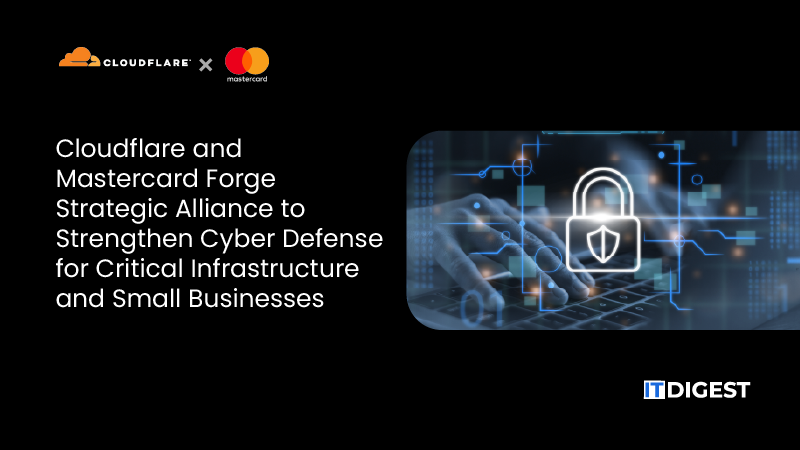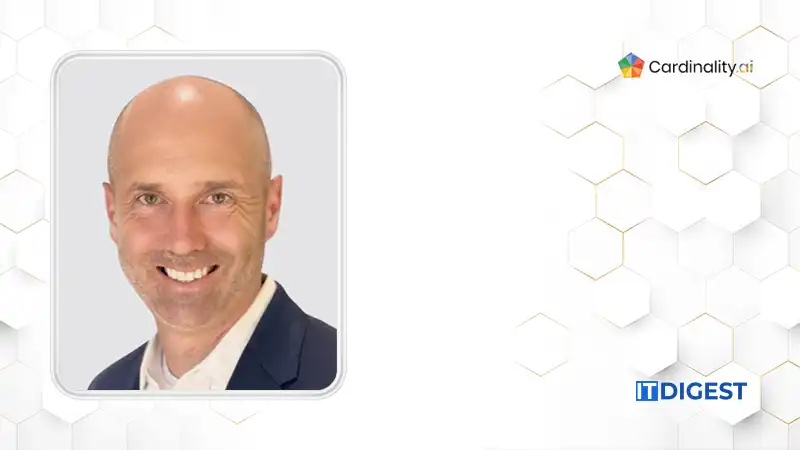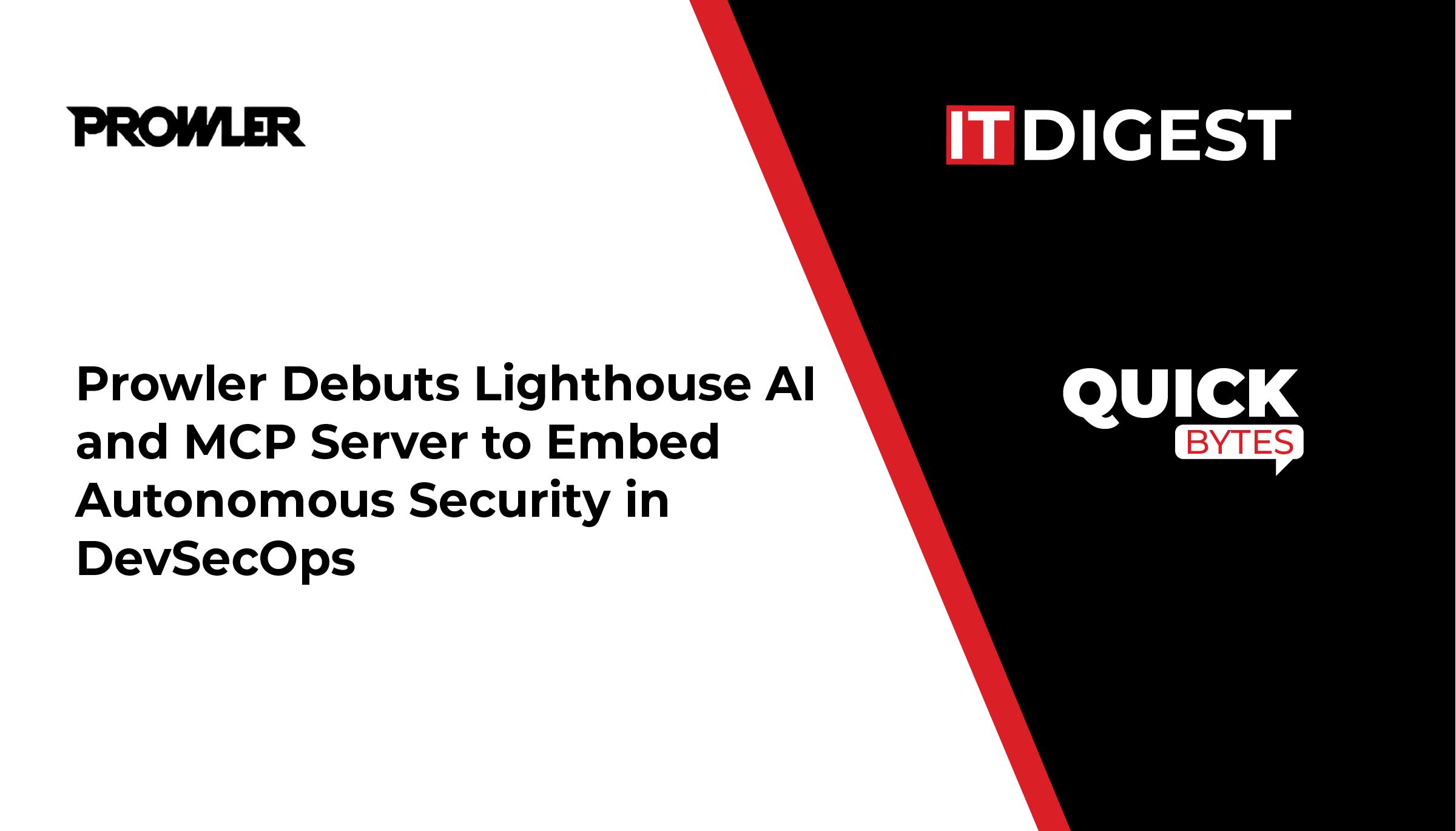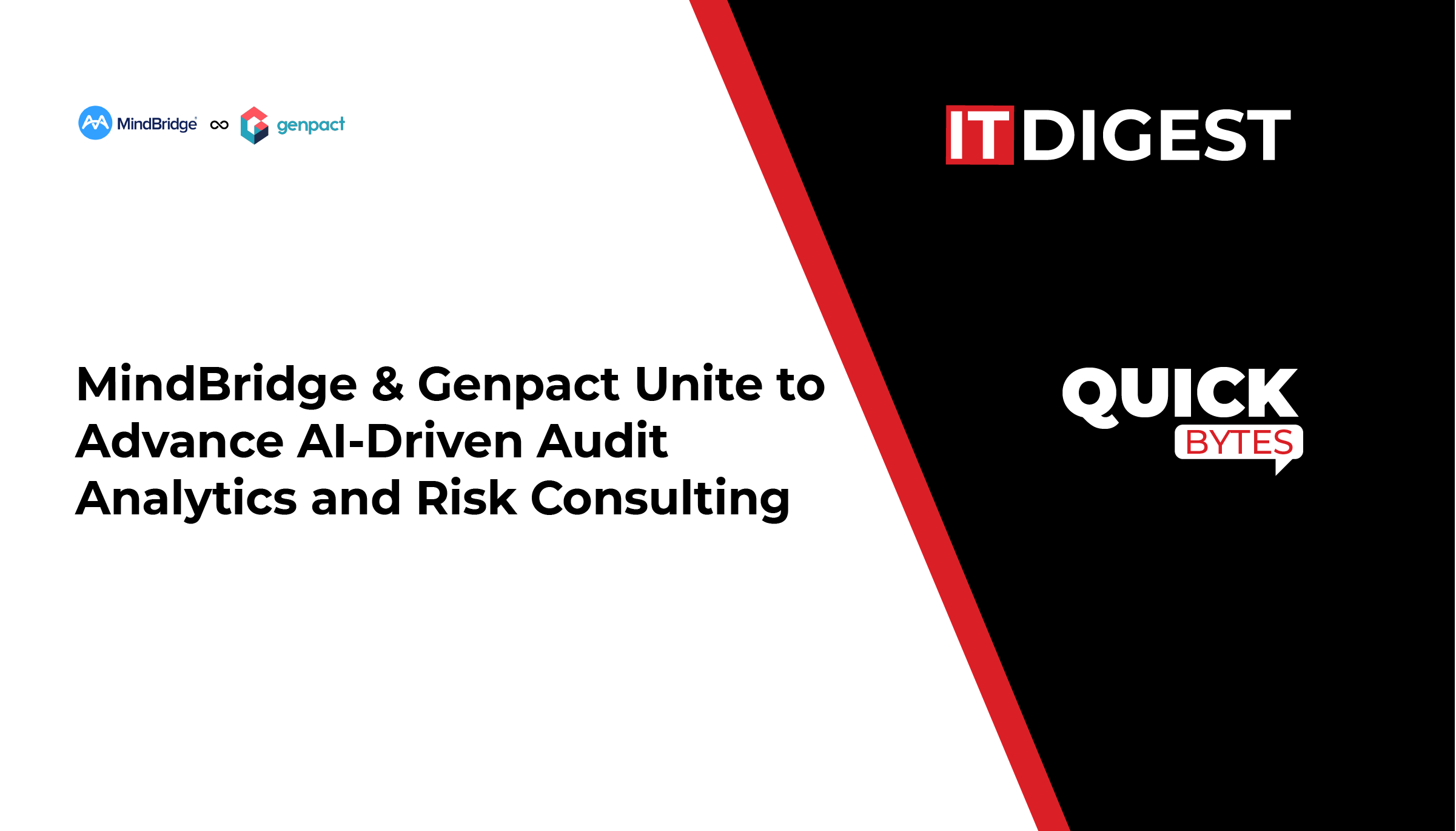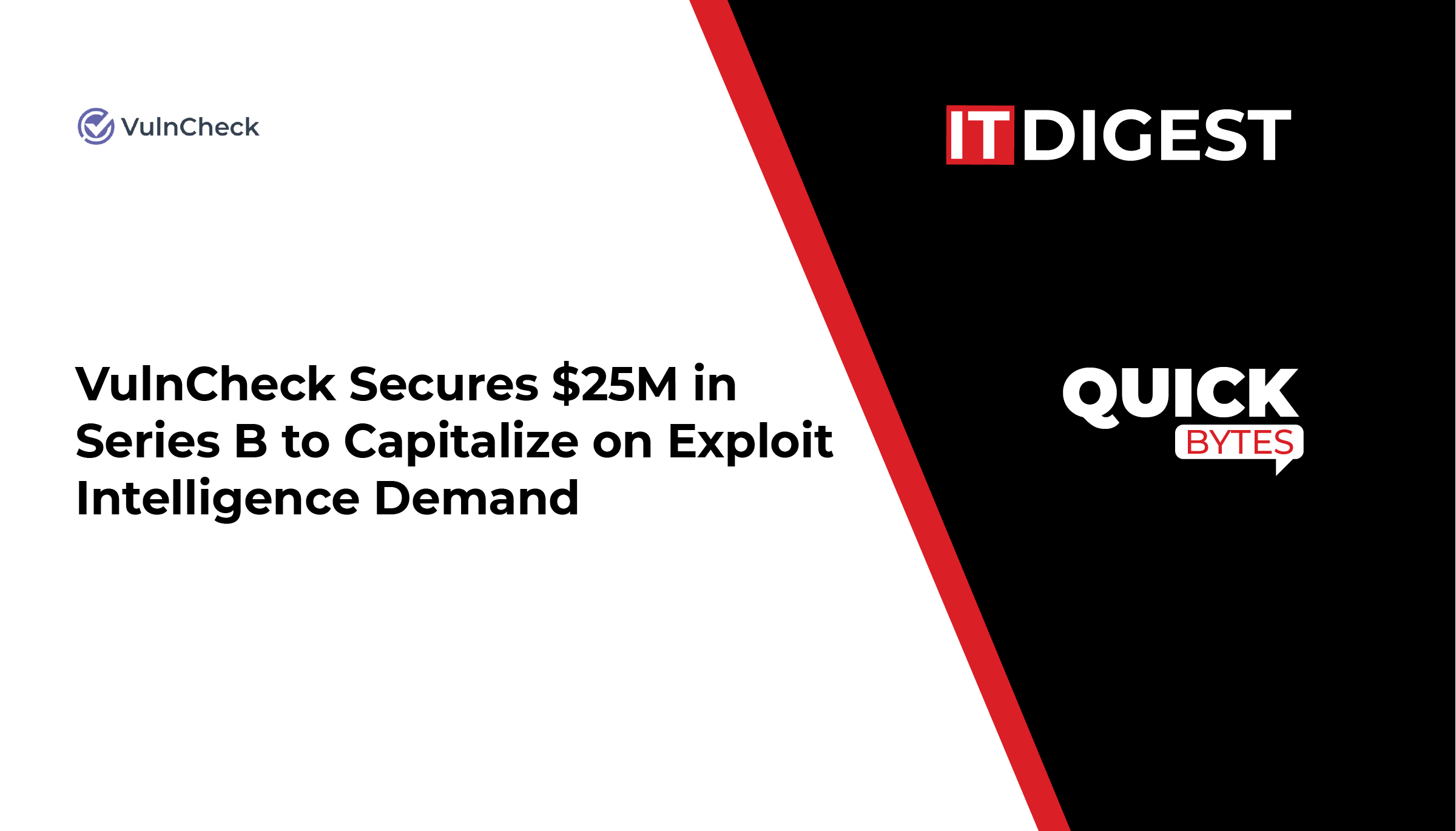In a major stride for cloud-security automation, Prowler launched two flagship offerings Lighthouse AI and MCP Server marking the company as the first open-cloud-security platform to embed artificial intelligence directly into security workflows. The new offerings bring together “agentic reasoning with automation to accelerate risk analysis, streamline compliance and guide teams through faster and more effective remediation across complex multi-cloud environments.” The MCP Server adds cloud-security context to developer tools like Cursor, Claude Code, and Visual Studio. It finds misconfigurations and checks risks. It can also submit remediation pull requests right from the code editor. Lighthouse AI has a chat interface that uses natural language. Users can ask questions in plain English and get useful insights. It supports many Large Language Models (LLMs) through Amazon Bedrock, Anthropic, OpenAI, and more. This gives customers full control over their AI strategy and helps avoid vendor lock-in.According to Prowler’s report, nearly 79 % of cloud-security teams are already leveraging AI technologies to manage environments.
Also Read: CrowdStrike and BT Team Up to Boost UK SMB Cybersecurity
“AI is not a nice-to-have in cloud security anymore, it’s a necessity. Our Prowler community has already told us that AI tools help them save, on average, 19 hours a week,” said Toni de la Fuente, founder & CEO of Prowler. “With Lighthouse AI, we’re giving security and development teams an autonomous assistant that fundamentally redefines how they work. It doesn’t just accelerate tasks, it transforms the entire security lifecycle. By cutting mean time to remediation, strengthening compliance posture, and embedding security directly into developer workflows through our MCP server, Lighthouse AI turns secure development into a seamless, built-in advantage. We’re not just making security faster, but fundamentally more intelligent and accessible.” The launch underscores Prowler’s leadership in open-source cloud-security, offering solutions across AWS, Azure, Google Cloud, OCI, Kubernetes, GitHub and Microsoft 365, and promising to make cloud-security “10× more cost-effective and accessible than alternatives.”








